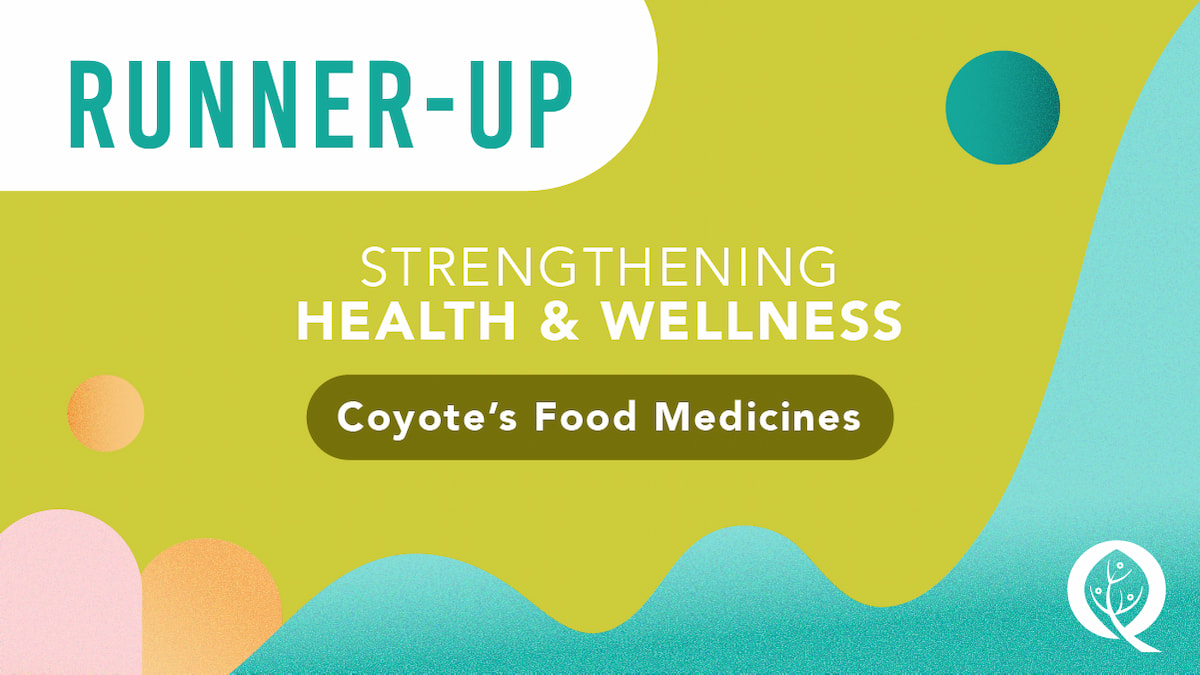Until 2017, drug benefits for First Nations individuals were provided by the federal government. When the First Nations Health Authority (FNHA) transitioned that benefit program into the provincial PharmaCare program, they noticed something concerning: many Indigenous Peoples, particularly seniors, were prescribed a large number of medications.
Polypharmacy, which is what it is called when individuals are taking multiple medications at the same time, comes with serious risks like increased side effects and harmful interactions between medications. Elders were most likely to experience polypharmacy, but the data showed that Indigenous adults between the ages of 40-60 were also much more likely to be prescribed multiple medications compared to their non-Indigenous peers.
After meeting with Indigenous communities, FNHA learned that many community members were concerned about how many medications were being prescribed. Elders often didn’t know the names of their medications or why they were taking them. Intergenerational trauma from colonization and residential schools had contributed to mistrust and fear among many Indigenous Peoples, who didn’t feel safe questioning their health care providers. Another major barrier was lack of regular access to a health care team.
To address this issue, FNHA collaborated with Doctors of BC and Interior Health to develop a culturally appropriate tool that uses storytelling to help patients and providers talk about medication management. Created with the guidance of Secwepemc First Nations Elders, Coyote’s Food Medicines is a short story that empowers Indigenous Peoples to discuss managing their medications, and supports health care providers to understand their patients’ needs and concerns.
Storytelling is a traditional way to share knowledge, wisdom and humour in Indigenous communities. Available both digitally and in print, Coyote’s Food Medicines features the trickster Coyote, who learns over the course of the story to respect his ancestors and medicines.
The launch of Coyote’s Food Medicines had two goals: to raise awareness among Indigenous Elders regarding healthy medication use, and to teach health care providers about starting conversations with their patients regarding medication use. Through the Coyote’s Food Medicines campaign, providers learned about barriers and concerns from an Indigenous perspective, giving them the cultural context necessary to have thoughtful and respectful discussions.
Since its launch in the summer of 2018, the Coyote’s Food Medicines video has been viewed over 60,000 times, and 15,000 printed books have been distributed. Feedback from Indigenous communities and health care providers has been positive, and it has been embraced in the health care community as a teaching tool.
Through its continued use as a video and print resource, Coyote’s Food Medicines is continuing to improve relationships between providers and Indigenous patients by helping them engage in important discussions. But it’s more than just a story: it’s proof that centring Indigenous perspectives can break down barriers and ultimately improve the quality of care.


